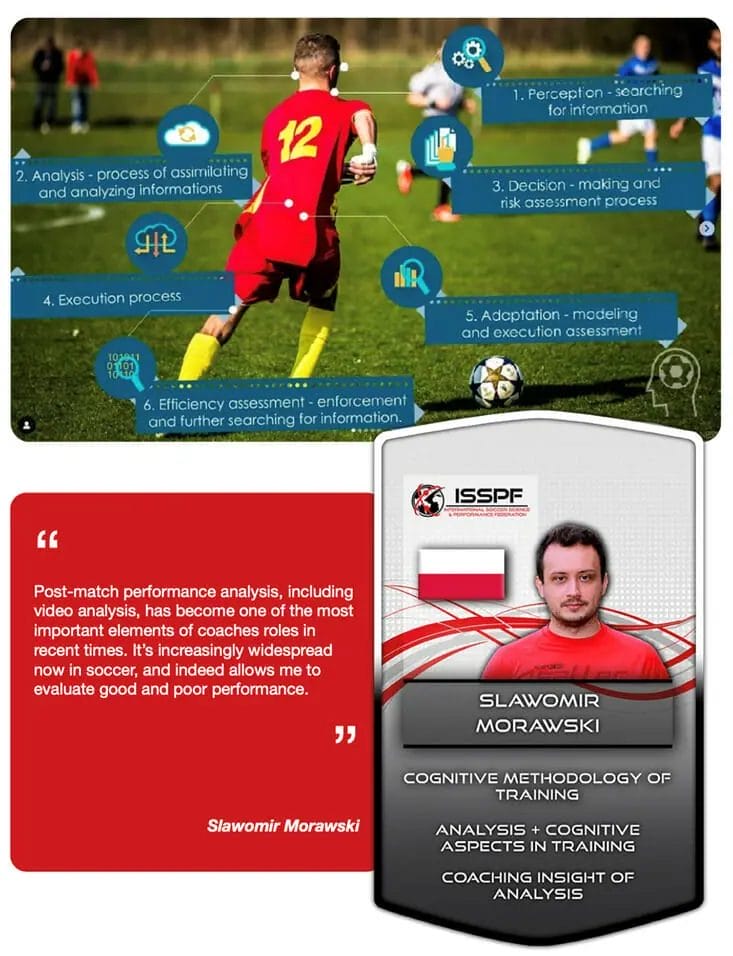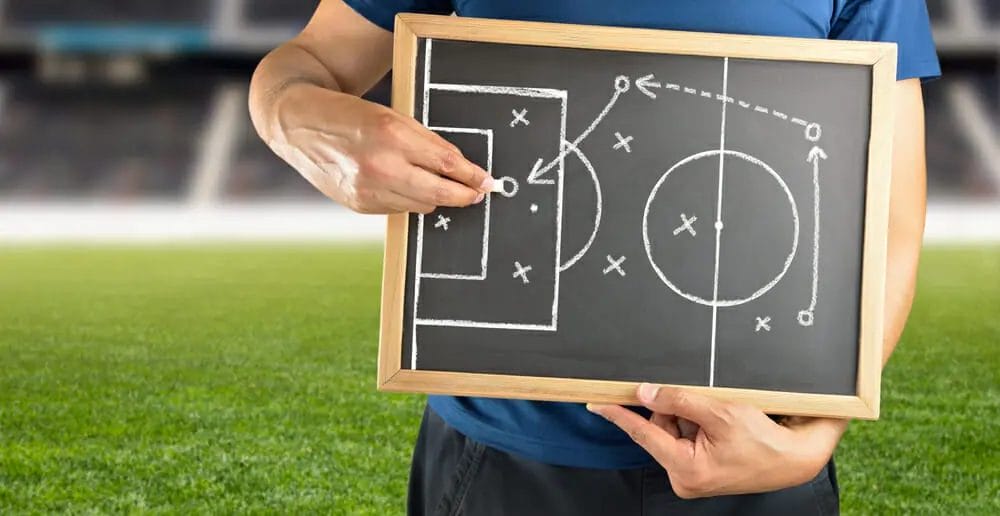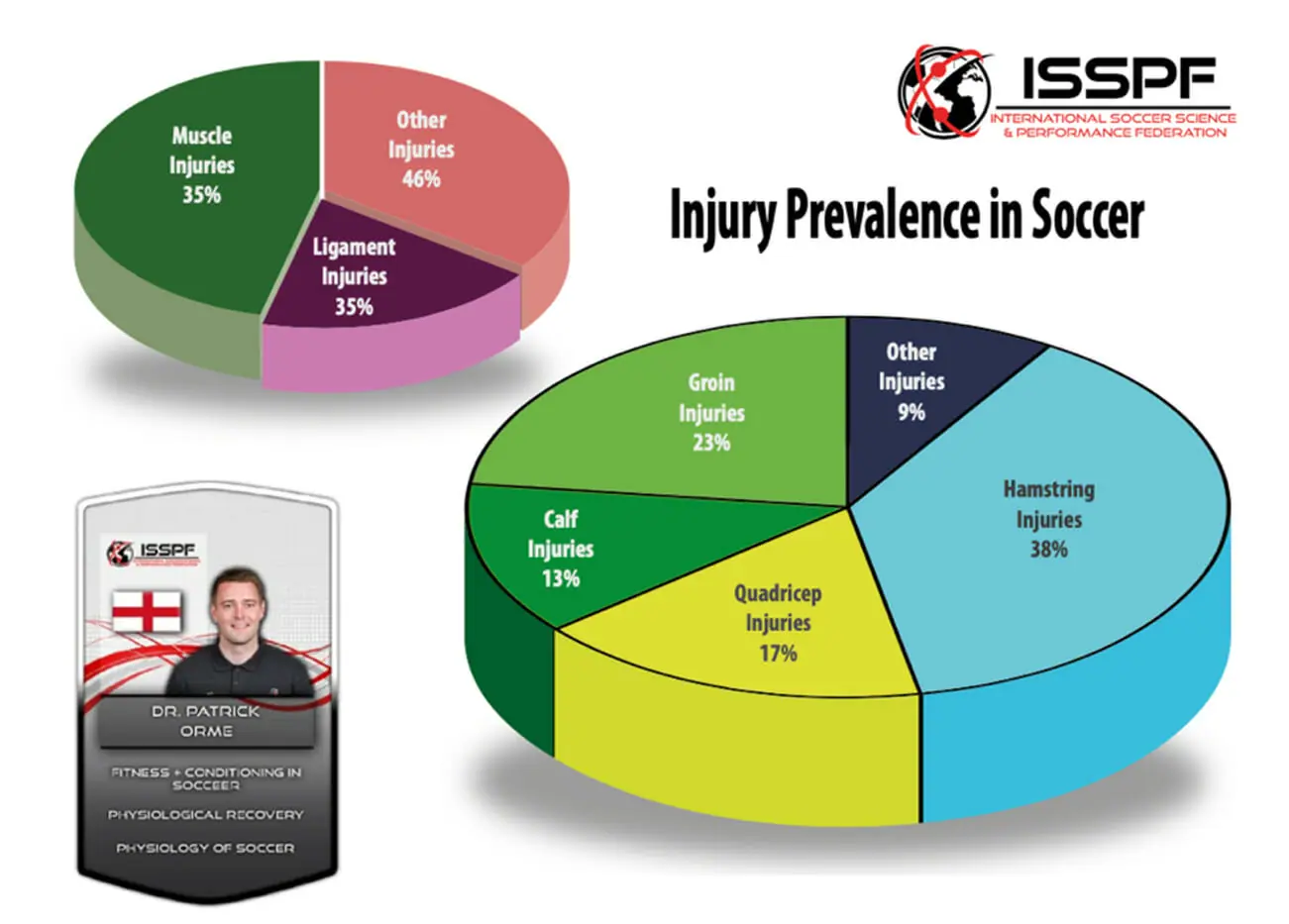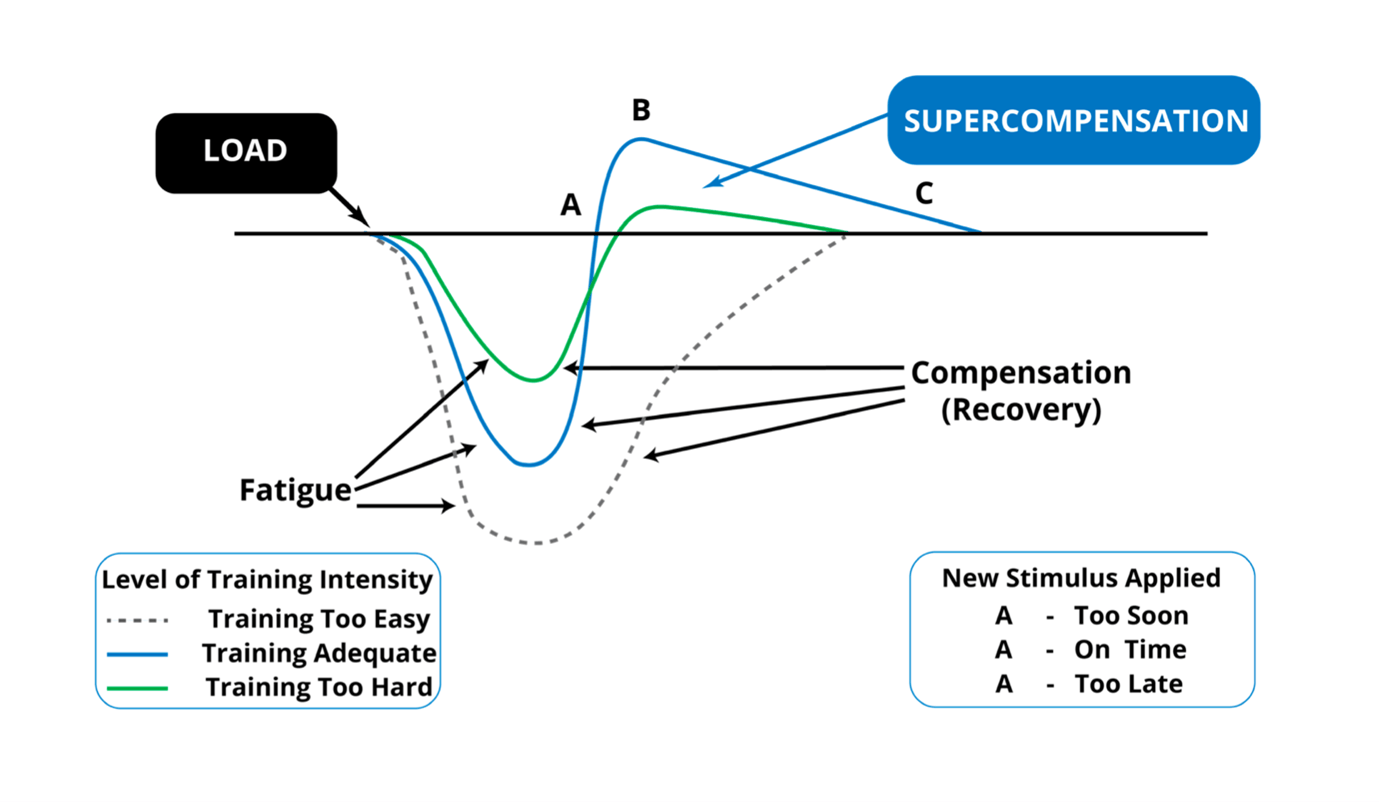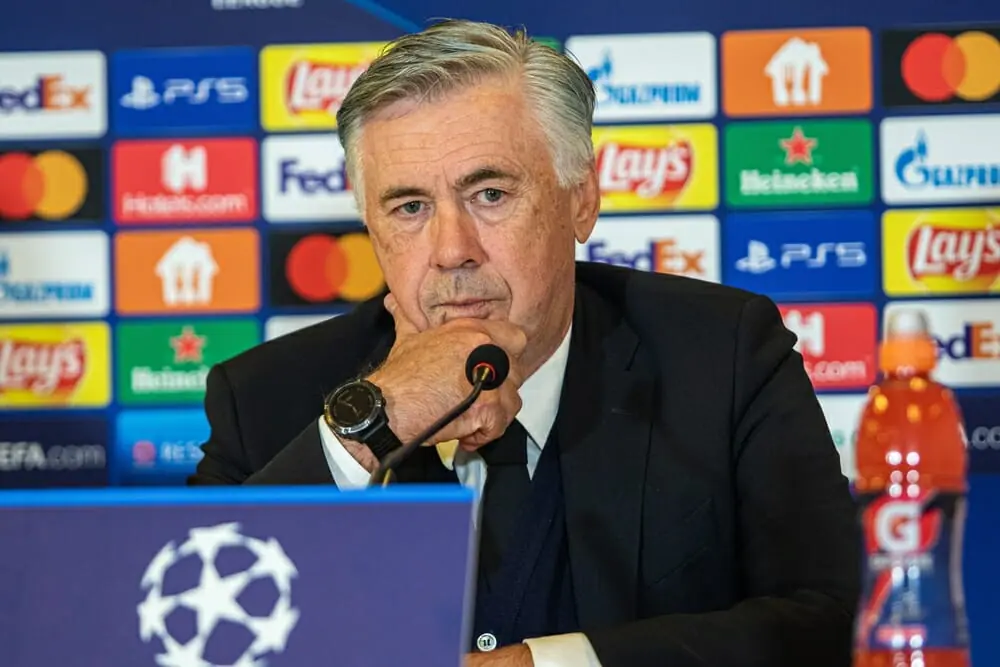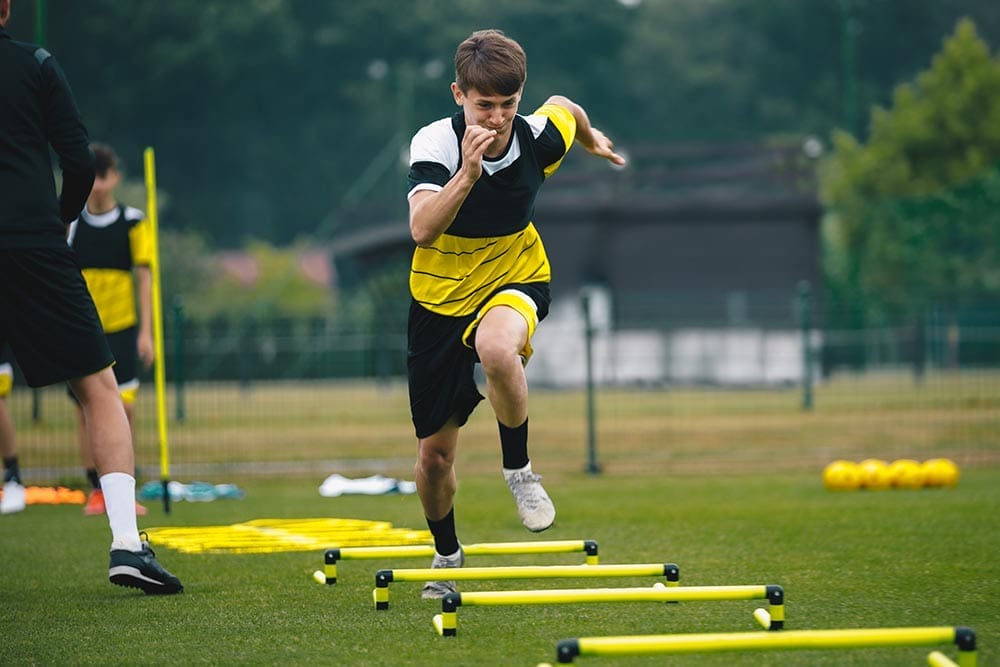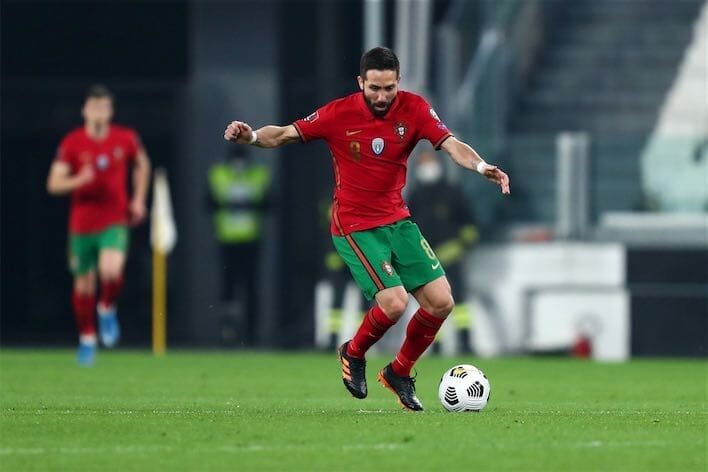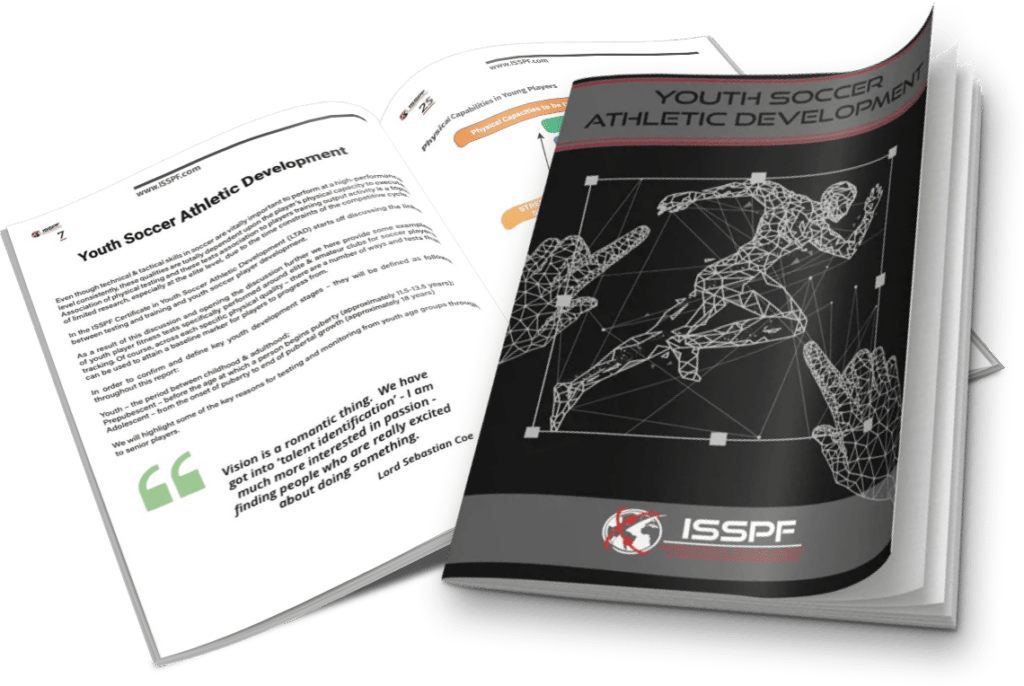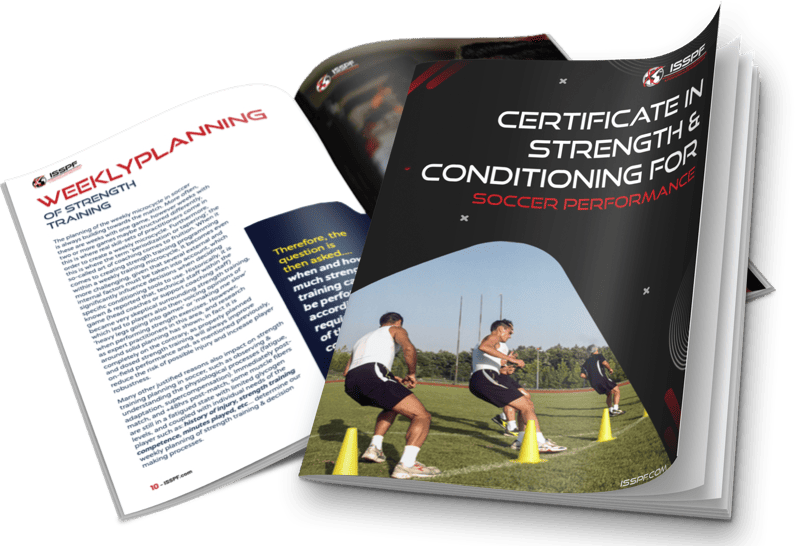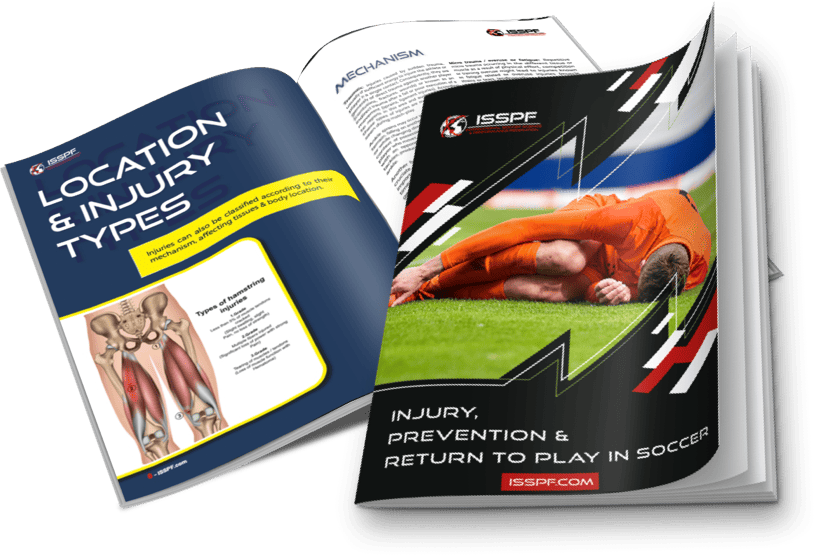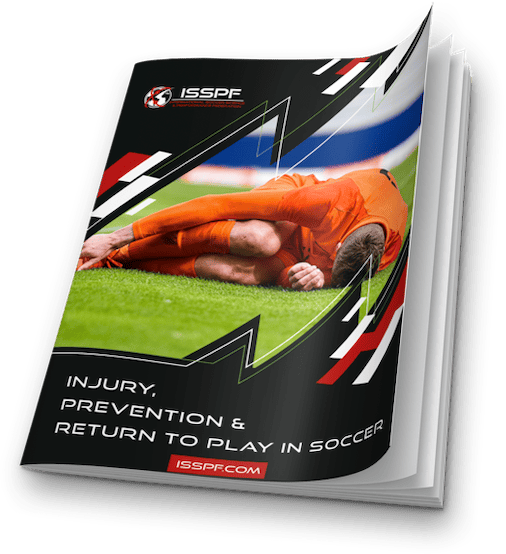As the demand for televised games grows within the game, driving the ever-growing financial demands, European giants Real Madrid came through and endured a ruthless fixture schedule coupled with excessive travel to consolidate their dominance at the top of Spain’s La Liga with victory over Elche in January 2022.
Having returned from the Kingdom of Saudi Arabia with another trophy in the bank, beating Athletic Bilbao in the Spanish Super Cup Final, they then reached the Copa del Rey quarter-finals after fighting back in extra-time to progress.
As Real Madrid moved into their 4th game in 11 days, they look to continue their extended unbeaten run as they remain at top of the table.
However, even legendary manager Carlo Ancelotti, a Head Coach well versed in dealing with fixture congestion through his decades in the game as player and head coach asked the direct question:
“What do you want me to say? There is a calendar here which is absolute nonsense….”
As fixture congestion has recently become a hot discussion and debated topic, research in this area by Ross et al., (2021) had proposed how physical output is not really a problem as total distance covered was not impacted by fixture congested periods.
The investigation performed determined congested fixture periods as 6-consecutive matches separated by 3 days, whereas congested fixture periods were defined as periods through which the team analysed played 2-games in a week.
Consequently, non-congested fixture periods were described within the study as a period with 1-match played within a weekly schedule.
Results from studies involving fixture congestive periods observed negative effects of fixture congestion on variables such as low- and moderate-intensity distance covered, which maybe indicates how professional football players employ pacing strategies as a way of maintaining high-intensity actions during heavy fixture periods.
According to literature in this important area, from a coaching or playing perspective, to navigate the fixtures, and generate a playing rhythm, impacting key variables such as travel & logistics, training load management, squad rotation, rest & recovery are vitally important (Carling et al., 2015).
To maintain high-performance levels whilst reducing the impact on injury incidence, evaluation around the key performance components need to be assessed.
The Effect on Technical & Tactical Performance
One of the leading authorities in the area of fixture congestion at the elite level of the game, Leo Djaoui who is the sport science and conditioning expert in European football club Standard Liège who compete in the Belgium Jupiler Pro League, and the UEFA Europa League on regular occasions has discussed in detail the key variables.
Limited discussion exists around the analysis of technical and tactical performance during congested periods, however the studies that are available showed the minimal impact of technical & tactical data sets through lack of recovery between games.
The studies reported in this area utilised technical markers such as % of passes succeeded, the number of lost passes, and the number of ball touches.
Furthermore, Moreira et al., (2016), observed how young players during a tournament of 7-games in 7-days, revealed a reduction of defensive technical actions, such as the number of interceptions and tackles over the last 3-games of the competition.
ISSPF faculty member and tactical analyst Slawomir Morawski has detailed how the key tactical elements of the game within the ISSPF platform, however understanding how fixture congestion and psychological fatigue influence these key aspects of elite-level performance is of paramount importance.
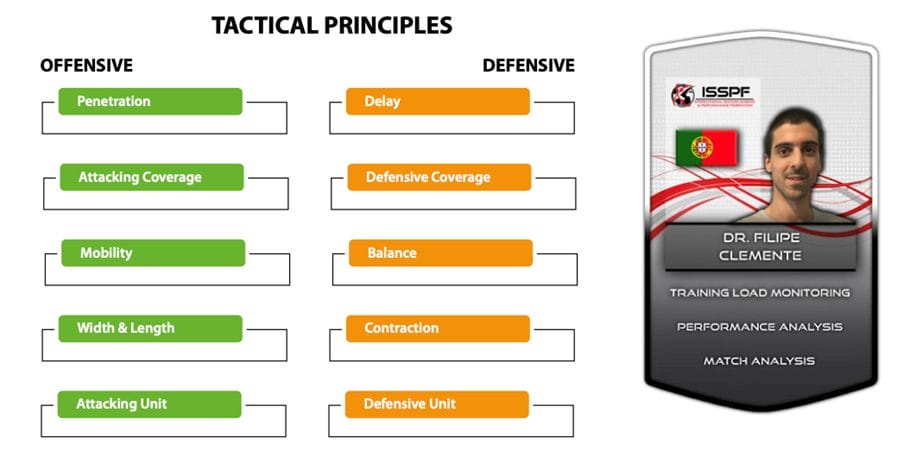
Injury Risk
Describing the injury aspects of fixture congestion, it has been understood from the literature in this research area that they inevitably lead to large increases in accumulative fatigue.
Accumulative fatigue is very apparent when recovery from one competitive game is not fully achieved (<72hrs), prior to starting the next fixture in the block as a result of reduced time period between games.
Within the ISSPF online course in Soccer Science & Performance, faculty member and elite football science & performance coach Dr. Patrick Orme overviews the injury prevalence in the game, highlighting key considerations when aiming to optimally prepare or recover the football athlete.
Physical Performance
Some aspects of physical activity have been reported as being significantly impacted during congested fixtures in professional football.
Elite-level research performed by renowned sports scientist and football performance coach Chris Carling observed that total and low-intensity running distances could be reduced during fixture congestion.
Additionally, this was suggested as a potential subconsciously administered strategy that players may use or execute to counter fatigue or insufficient recovery from previous match-play.
Here at ISSPF we are offering people the opportunity to stay ahead of the game by becoming a real student of the game.
We do this to ensure players across all levels are exposed to the best practice in terms of coaching content, fitness, technical development, tactical analysis, soccer science & nutrition, strength & conditioning techniques & injury reduction strategies that will assist to enhance the performance of individuals and collective teams.
Not only are we keeping things simple for individuals who are keen to progress in their own area of development within team sport and soccer, but we are enhancing the capability to self-develop through our unique faculty of staff and elite practitioners to bring key messages and expert advice to the comfort of your own preferred learning environment.
Join Our Soccer Performance Course
The demand for sports science, physiotherapists, and performance & coaching specialists in football & team sports is growing year upon year.
Thousands of students are leaving university with a sports science degree, physio or therapy-related qualification, however many of them asking the key question – What now?
- How do I get a job in football?
- What’s the next step?
- Which area of sport or football science & medicine do I want to specialise in?
This is certainly an interesting question as progressing from completing a sporting, medical or therapy-related degree to then working in professional football & trying to understanding all the key components, and soft skills that come with jobs in football or careers within sport is complex.
As a result, the bespoke courses developed by ISSPF Elite Medical & Football Science Faculty members are a way of further exposing learners, parents, professional coaches, students, or other individuals interested in football science with a thirst to develop & upskill further.
The link below will take you to the hugely popular & expertly designed ISSPF endorsed & University & Football Association accredited Soccer Science & Performance online sport science course, where you will be exposed to sports medicine & football science with a coaching science led research overview, and practical examples used by the game’s leading practitioners.
Soccer Science & Performance Online Sport Science Course
How This Course Will Improve You
- Provides justification for the guiding of specific training methods, interventions & decision making processes within soccer.
- Highlights the practical application of modern, research based training methods & assessment tools.
- Provides an increased evidence & knowledge to understand key soccer science & performance processes across a range of coaching science topics.
- Discusses the most efficient training methods and detailed insights into developing player fitness alongside rehabilitation & training methodologies.
- Learn from industry experts in the area of football science, nutrition, sport science & performance training in team sports.
- Help maximise your decision making through a better understanding & appreciation of football or soccer science.
What Does This Course Cover?
Outline of the Soccer Science & Performance Course:
Module 1: The demands of professional soccer: Physiological costs of the game
Lecturer: Dr. Vasilis Kalapthorakos (Greece)
Topic: Physiology
Module 2: Developing Resilience in Soccer: Mental Skill Development
Lecturer: Nikki Crawley (England)
Topic: Psychology
Module 3: Game model building & development: Reinterpreting Tactical Periodisation
Lecturer: Dr. Alejandro Romero-Caballero (Spain)
Topic: Training Methodology
Module 4: Injury reduction strategies in professional soccer
Lecturer: Dr. Patrick Orme (England)
Topic: Injury Prevention
Module 5: Leadership and Culture for High Performance Soccer
Lecturer: Maximillian Lankheit (Germany)
Topic: Psychology
Module 6: Current trends in leading European soccer teams: In-Possession
Lecturer: Chris Meek (England)
Topic: Performance Analysis
Module 7: Soccer nutrition & the role of the nutritionist
Lecturer: Matthew Jones (England)
Topic: Nutrition
Module 8: Competitive soccer training microcycle: Structure & justification
Lecturer: Dr. Manuel Segovia (Spain)
Topic: Training Methodology
Soccer Science & Performance Online Sport Science Course
Share this article:

